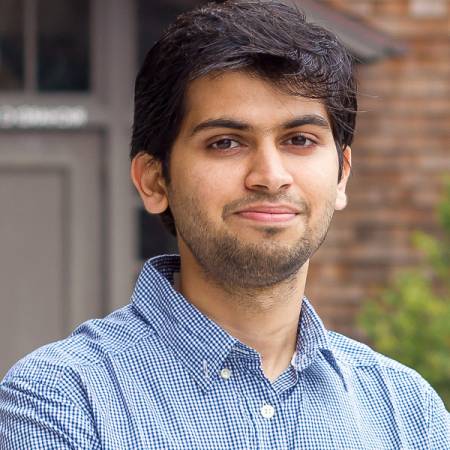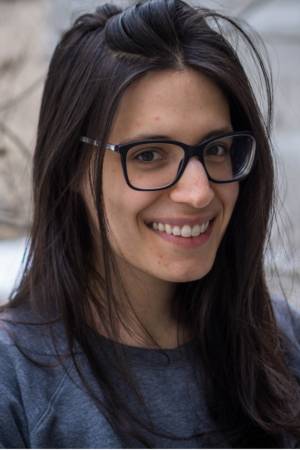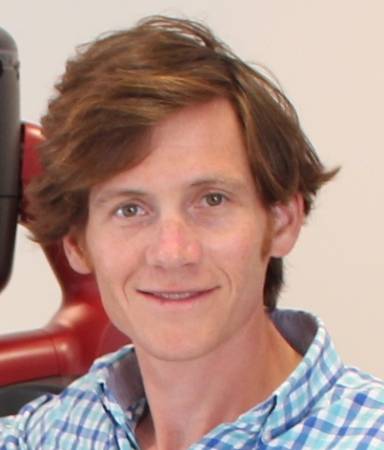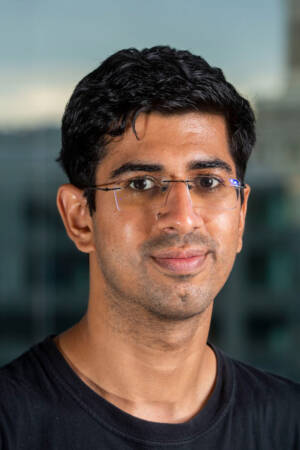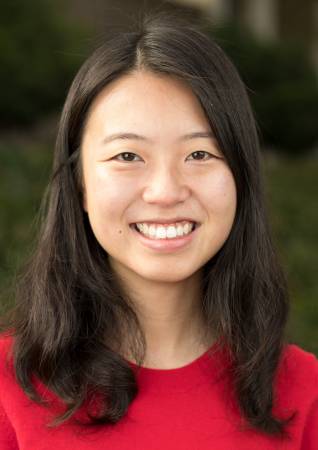Seminar
3D Recognition with self-supervised learning and generic architectures
Abstract: Supervised learning relies on manual labeling which scales poorly with the number of tasks and data. Manual labeling is especially cumbersome for 3D recognition tasks such as detection and segmentation and thus most 3D datasets are surprisingly small compared to image or video datasets. 3D recognition methods are also fragmented based on the type [...]
Rapid Adaptation for Robot Learning
Abstract: How can we train a robot to generalize to diverse environments? This question underscores the holy grail of robot learning research because it is difficult to supervise an agent for all possible situations it can encounter in the future. We posit that the only way to guarantee such a generalization is to continually learn and [...]
Robotic Cave Exploration for Search, Science, and Survey
Abstract: Robotic cave exploration has the potential to create significant societal impact through facilitating search and rescue, in the fight against antibiotic resistance (science), and via mapping (survey). But many state-of-the-art approaches for active perception and autonomy in subterranean environments rely on disparate perceptual pipelines (e.g., pose estimation, occupancy modeling, hazard detection) that process the same underlying sensor data in [...]
Humans, hands, and horses: 3D reconstruction of articulated object categories using strong, weak, and self-supervision
Abstract: Reconstructing 3D objects from a single 2D image is a task that humans perform effortlessly, yet computer vision so far has only robustly solved 3D face reconstruction. In this talk we will see how we can extend the scope of monocular 3D reconstruction to more challenging, articulated categories such as human bodies, hands and [...]
Enabling Grounded Language Communication for Human-Robot Teaming
Abstract: The ability for robots to effectively understand natural language instructions and convey information about their observations and interactions with the physical world is highly dependent on the sophistication and fidelity of the robot’s representations of language, environment, and actions. As we progress towards more intelligent systems that perform a wider range of tasks in a [...]
Looking behind the Seen in Order to Anticipate
Abstract: Despite significant recent progress in computer vision and machine learning, personalized autonomous agents often still don’t participate robustly and safely across tasks in our environment. We think this is largely because they lack an ability to anticipate, which in turn is due to a missing understanding about what is happening behind the seen, i.e., [...]
Robots that Learn through Language
Abstract: Advances in perception have been integral to transitioning robots from machines restricted to factory automation to autonomous agents that operate robustly in unstructured environments. As our surrogates, robots enable people to explore the deepest depths of the ocean and distant regions of space, making discoveries that would otherwise be impossible. The age of robots [...]
Towards Reconstructing Any Object in 3D
Abstract: The world we live in is incredibly diverse, comprising of over 10k natural and man-made object categories. While the computer vision community has made impressive progress in classifying images from such diverse categories, the state-of-the-art 3D prediction systems are still limited to merely tens of object classes. A key reason for this stark difference [...]
The Clinician’s AI Partner: Augmenting Clinician Capabilities Across the Spectrum of Healthcare
Abstract: Clinicians often work under highly demanding conditions to deliver complex care to patients. As our aging population grows and care becomes increasingly complex, physicians and nurses are now also experiencing feelings of burnout at unprecedented levels. In this talk, I will discuss possibilities for computer vision to function as a partner to clinicians, and to augment their capabilities, across [...]
The Unusual Effectiveness of Abstractions for Assistive AI
Abstract: Can we balance efficiency and reliability while designing assistive AI systems? What would such AI systems need to provide? In this talk I will present some of our recent work addressing these questions. In particular, I will show that a few fundamental principles of abstraction are surprisingly effective in designing efficient and reliable AI [...]

